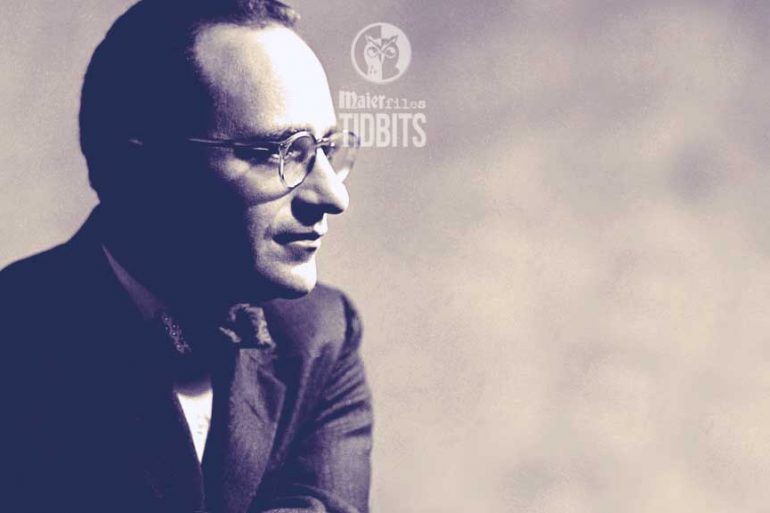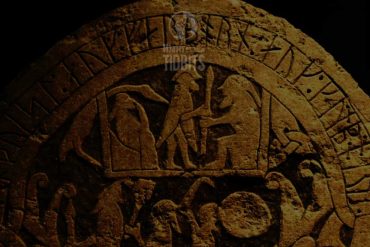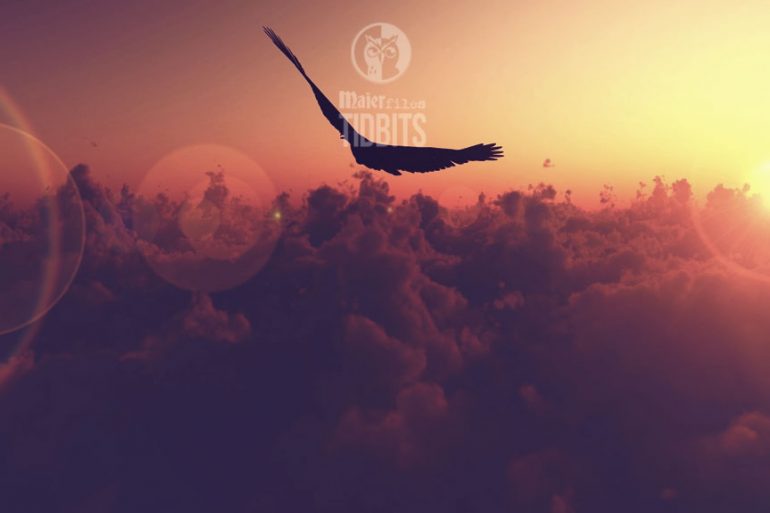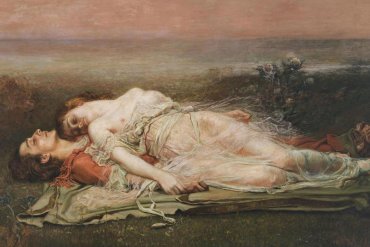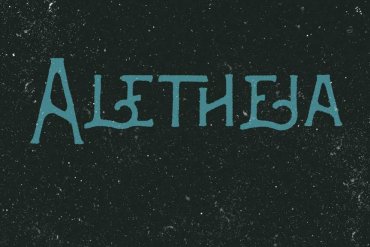In the annals of history, obscured by the veil of secrecy, an enigmatic struggle persists—a clandestine war that transcends the superficial causes and known leaders. Evola, in a thought-provoking essay, delves into this concealed conflict, unraveling a three-dimensional conception of history. This article seeks to unravel the depths of Evola’ discourse, exploring the metaphysical nature of the war, scrutinizing the entities involved, and dissecting the nuanced tactics employed by the covert forces. Understanding the Subterranean...
Philosophy
Everything on philosophy related to Maier files series. Posts and Thoughts examining existence, change, properties, space, time, causality, and possibility.
Known to some as Sir Thomas More and to others as Saint Thomas More, the author of 1516’s Utopia—and inventor of the word utopia itself—lived from 1478 to 1535. He was a man of great conviction, deep Catholic faith, and remarkable rhetorical skill. It’s not often possible to trace the origins of an entire literary genre (Utopian and Dystopian Works of Literature) back to a single work. Thomas More was, by training, a lawyer and...
If we knew how the words in our native language were made and what they have meant to successive generations of the men and women who have used them, we should have a new and very interesting kind of history to read. For words, like all other creations of man, were not deliberately manufactured to meet a need, as are the various parts of a bicycle or of an automobile; but grew gradually and slowly...
Ernst Jünger, one of the most significant German authors of the 20th century, has provided a unique perspective on the technological age we currently live in. His novels and essays capture the essence of the age of technology and offer a glimpse of the scope of the mobilization of natural and human resources in the technological age. In this book, the author explores Jünger’s concept of the technological age, the turning of being he envisioned,...
In common usage, the word “paradox” often refers to statements that may be both true and false i.e. ironic or unexpected. Some paradoxes have revealed errors in definitions assumed to be rigorous, and have caused axioms of mathematics and logic to be re-examined. One well-known example is Zeno’s arrow paradox, where it appears to show that motion is impossible. Zeno of Elea (c. 490 – c. 430 BC) was a pre-Socratic Greek philosopher of Magna...
In the occult scene of the late nineteenth and mid twentieth centuries, a black lodge was a term for occult orders and secret societies dedicated to the study and routine of evil magick. Many of the occult authors of this period treat the presence and activities of the Black Lodges as a matter of common knowledge. They discuss in detail the contrasts between the genuine way of occult initiation and the corrupt way. Black Lodges...
Romantic love means a path to initiation, which leads through suffering and enlightenment. “Romantic love,” as described by the myth, is a mistake according to Robert A. Johnson―in fact it is the Occidental mistake par excellence. The levels of the anima on the one hand and of ego-awareness on the other are confused in that an attempt is made to live out at the earthly level the anima, which is not of this world. In...
Aletheia, the Greek word for truth, typically stands for the correctness of a thought, perception, or assertion, and, in fact, as early as Homer, a cognate of correctness, homoiosis, served as a synonym for it. According to Heidegger, this construal of aletheia derives from its more basic meaning as un-hiddenness, where the privative prefix ‘un-’ apes the corresponding privative Greek prefix ‘a-’ in ‘a-letheia’ and ‘letheia’ derives from words for the hidden or forgotten. For...



